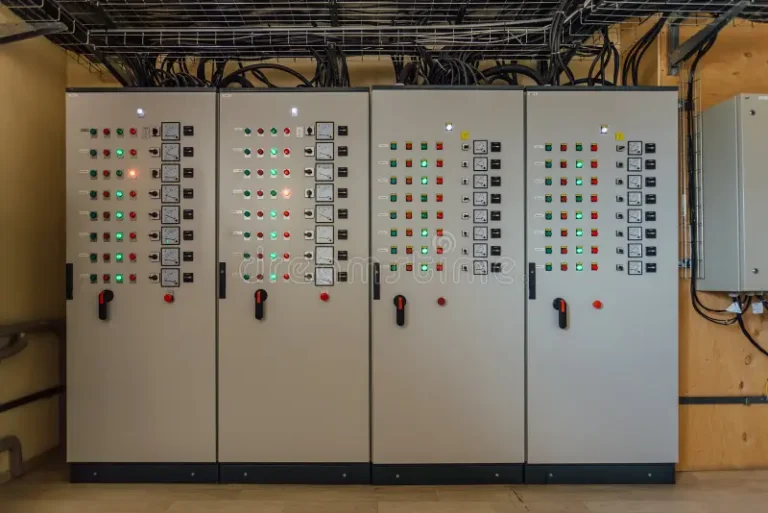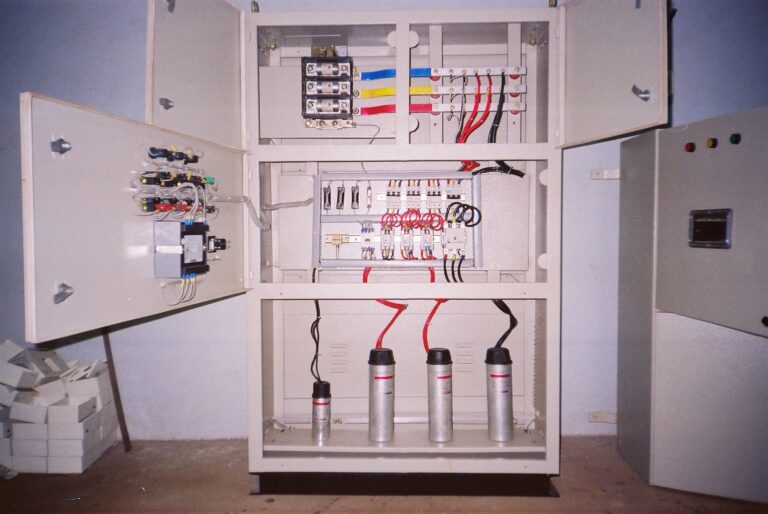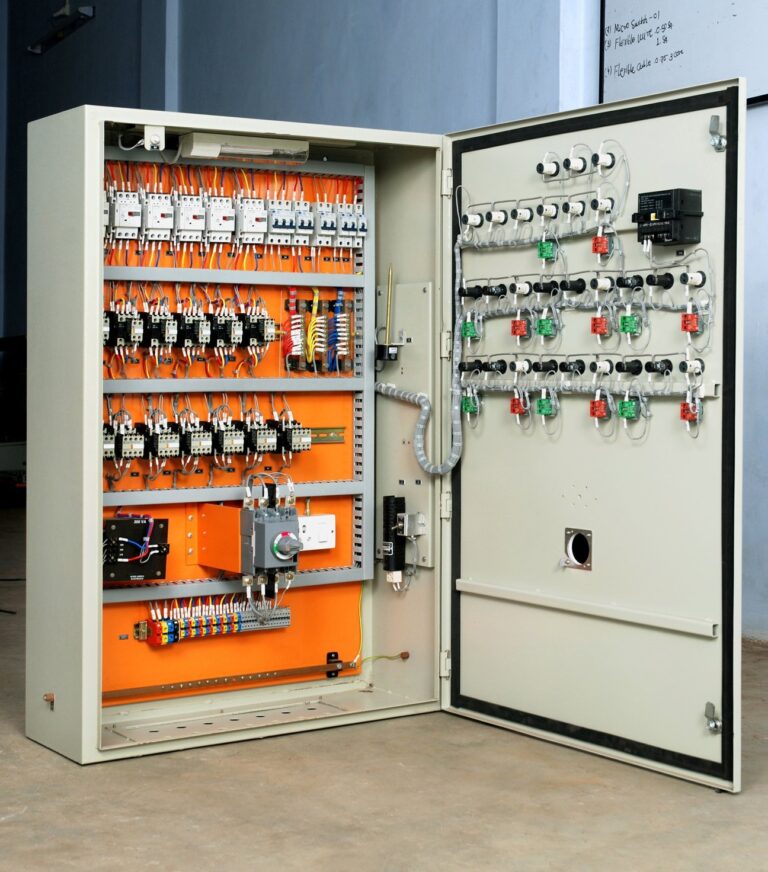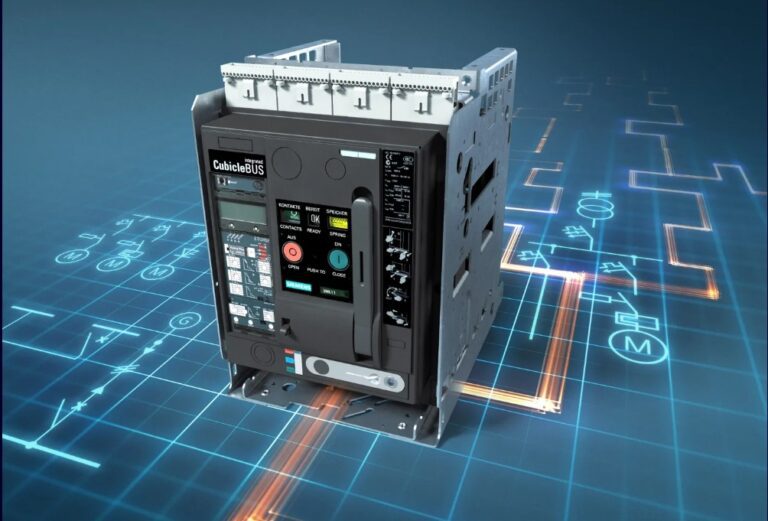Lithium Battery Basics: How They Drive Electric Vehicles
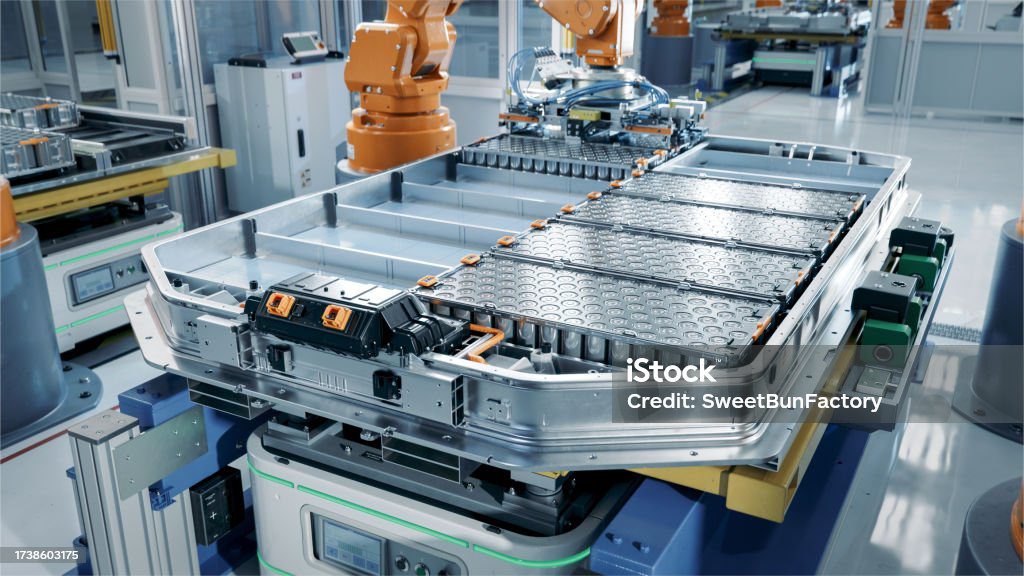
What Are Lithium Battery?
Lithium batteries, specifically lithium-ion (Li-ion) batteries, are rechargeable energy storage devices that use lithium ions as a primary component. They are favored in the EV industry due to their high energy density, light weight, and relatively low self-discharge rates compared to other battery types. This means they can store more energy in a smaller space, making them ideal for electric vehicles where weight and size are critical factors.
How Lithium Battery Work
At its core, a lithium battery consists of two electrodes: the anode (negative) and the cathode (positive), separated by an electrolyte. The chemical reactions between these components enable the storage and release of electrical energy.
Charging: When the battery is connected to a power source, lithium ions move from the cathode through the electrolyte to the anode, where they are stored. This process also involves the flow of electrons through an external circuit, providing power to the charging station.
Discharging: When the battery powers the electric vehicle, the process reverses. Lithium ions move back to the cathode, and electrons flow from the anode through the external circuit, powering the vehicle’s electric motor.
This continuous movement of lithium ions between the electrodes during charging and discharging is what enables electric vehicles to operate efficiently.
Why Lithium Battery Are Ideal for EVs
Lithium-ion batteries have several advantages that make them the preferred choice for electric vehicles:
High Energy Density: Lithium batteries can store a significant amount of energy in a compact size, providing longer driving ranges for EVs. This is crucial for reducing “range anxiety” among potential EV buyers.
Lightweight: The lightweight nature of lithium batteries contributes to overall vehicle efficiency, allowing for better performance and increased mileage per charge.
Fast Charging: Advances in lithium battery technology have led to faster charging times, enabling drivers to recharge their vehicles in a fraction of the time it once took.
Durability: Lithium batteries are designed to withstand numerous charge and discharge cycles, ensuring a longer lifespan compared to other battery technologies.
Challenges and Considerations
While lithium batteries are revolutionary, they do come with challenges. One significant concern is the environmental impact of lithium extraction and battery disposal. Mining lithium can be resource-intensive and has raised sustainability concerns. Additionally, battery recycling remains a critical issue, as improper disposal can lead to environmental pollution.
Furthermore, there are safety concerns related to overheating and potential fires in lithium batteries. Manufacturers continuously work on improving battery management systems to mitigate these risks.
The Future of Lithium Batteries in EVs
As the demand for electric vehicles grows, research and development in lithium battery technology are advancing rapidly. Innovations like solid-state batteries promise even greater energy densities, safety, and efficiency. These developments could lead to even longer ranges and shorter charging times, making EVs more appealing to a broader audience.
Moreover, the push for sustainable practices in battery production and recycling is gaining momentum, ensuring that the growth of electric vehicles aligns with environmental stewardship.
Conclusion
Lithium batteries are at the forefront of the electric vehicle revolution, powering the shift towards sustainable transportation. By understanding the basics of how these batteries work and their advantages, we can appreciate their role in shaping the future of mobility. As technology advances and the industry evolves, lithium batteries will undoubtedly continue to play a pivotal role in driving the electric vehicle market forward. Whether you’re a seasoned EV owner or considering your first electric car, knowing how lithium batteries work can enhance your appreciation of this remarkable technology.
REFERENCES : https://en.wikipedia.org/wiki/Electric_vehicle
ALSO CHECKOUT OUR PREVIOUS BLOGS


